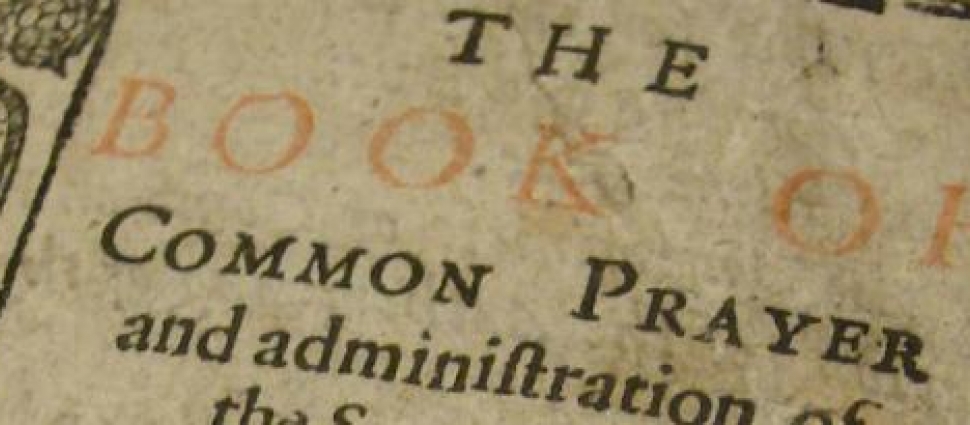Anglican Thomas Watson’s Morning Sermon

Nov 4, 2016
Say ye to the righteous, that it shall be well with him: for they shall eat the fruit of their doings. Woe unto the wicked! it shall be ill with him: for the reward of his hands shall be given him. (Isaiah 3.10-11 KJV)
We turn from Anglican Thomas Watson’s pastoral prayer in our reading of the Puritan Paperback, Sermons of the Great Ejection, to the transcription of his morning sermon preached on his final Sunday as rector of St. Stephen’s, Walbrook. “The Great Ejection” was the explusion of nearly 2,000 Anglican ministers from their cures in the 1662 Act of Uniformity.
Watson’s sermon text is Isaiah 3.10-11 quoted above. What you notice right away in light of other Anglican Puritan Ejection sermons is Watson’s lack of the three-fold division of explanation of the text, deduction of the biblical/theological principle(s) and applications. His concern begins and ends with his hearers. He therefore stresses how evil times such as these were not unique to 1662. He underlines for his congregation how Isaiah lived in similar times. In order to draw his congregation into Isaiah’s oracle, Watson explains that the righteousness held by believers is Christ’s imputed righteousness, a completed righteouness, the sinner justified by God’s grace alone and sanctified by the power of the Holy Spirit.
Watson’s wise counsel to his hearers is that they are the righteous ones like the ones of Isaiah 3. They should keep their eyes on the object of their faith, Jesus Christ and their chief end, that they will be gathered to Him to glory of God and to enjoy Him forever. With such an assurance in view all the troubles of the time take their proper place as things of little count. No matter the circumstance, the peace of mind is grounded a clear conscience brought about by God’s work of pardon, adoption, grace and glory. The believer is to school himself in understanding that God alone is his portion. This is the comfort of every believer.
Watson asks, “Will there still be troubles?” Of course, there will be troubles, increasing every day, but what of them? God has so shaped His providence that good will come of it, the fruit of which will be revealed in heaven. Earthly powerlessness frees the believer to rely on God’s providence and his assurance all the more! External trouble and pressure do not show the inward refining of the believer’s soul that is underway for God’s mercy is always active. A believer may be hidden from harm for a time or they may be led to death, even so, all is well with them, for Death may not hold them. At death the curtain parts for the believer: they are the righteous ones, they are the Lord’s! The second death, spiritual death, is not their heritage. God’s true blessing in His glory is brought to fulfillment at last:
“…the day of a believer’s death is the birthday of his blessedness; it is his ascension-day to heaven. The day of death is his marriage-day with Jesus Christ… In this life is only the betrothal [engagement], but at death the nuptials shall be solemnized in glory’ [p. 148].
And so Watson concludes this first part:
“Not that we look for ill things! We are glad when all things go well with us, with our relations, and with our estates. But with the righteous man all things go well. His person is sealed; he is heir of all God’s promises; he is Christ’s favored man; heaven awaits him. Is it not well with the righteous?” (p. 148)
As I pondered his morning sermon, I could well understand Watson’s urgency in the preaching. There is such a pastoral heart for his people. He sets his application in the imputation of Christ’s righteousness as the ground of their assurance that anticipates and overcomes their fears of the future. There is also a stirring toward evangelism here. When the believing Christian considers the sweetness of his Savior and his life in God’s grace alongside the terrifying fate of those on the road to perdition, how can he not run to them to comfort them in the ready remedy and to warn them of what lies ahead?





